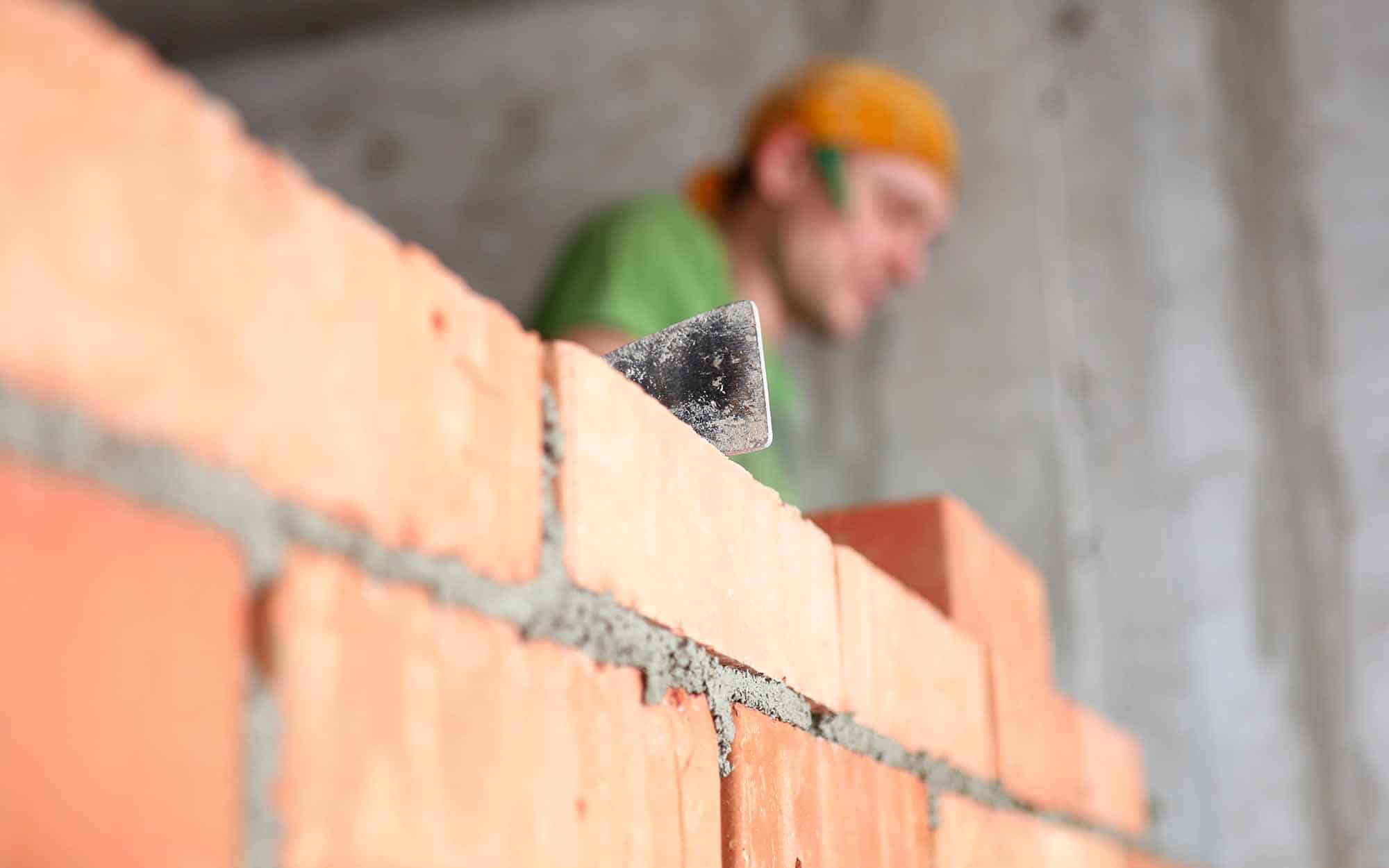Opening the Tricks of Sustainable Masonry Construction Practices for Eco-Friendly Buildings
Among the myriad strategies to green building, lasting stonework construction stands out as a reliable and resilient approach that holds a riches of untapped possibility. From the option of products to ingenious building and construction methods, the keys to accomplishing sustainability within stonework building are complex and interesting.
Advantages of Sustainable Masonry Construction
Accepting sustainable masonry building methods not just lowers ecological influence yet additionally offers long-term economic benefits to builders and communities. By utilizing materials like recycled bricks, blocks, and stones, builders can significantly decrease the carbon footprint of their tasks while advertising source performance. In addition, lasting stonework building methods, such as proper insulation and thermal mass homes, can improve energy efficiency within buildings, bring about lowered functional expenses gradually.
Moreover, the longevity and resilience of masonry frameworks contribute to long-term economic advantages. Buildings constructed using lasting masonry practices often call for much less maintenance and repair, converting to cost savings for building contractors and building proprietors. The longevity of stonework materials also makes certain that structures remain secure and protected, reducing the demand for regular renovations or substitutes.
Eco-Friendly Masonry Products
Utilizing environmentally friendly stonework products is a pivotal step towards improving the sustainability of building and construction techniques and minimizing environmental effect while making best use of long-term economic benefits. Sustainable masonry materials are sourced, created, and used in a fashion that lowers total ecological impact. Sustainable concrete blocks incorporate recycled aggregates and may feature improved insulation homes, contributing to energy effectiveness in buildings.
Additionally, natural materials like adobe, rammed earth, and straw bales offer outstanding thermal mass homes, decreasing the requirement for heating and cooling energy. These products are usually in your area readily available, advertising local economic climates and decreasing transportation-related carbon emissions. By selecting eco-friendly masonry products, building and construction jobs can considerably decrease their environmental footprint and add to the production of much healthier, a lot more sustainable built settings.
Energy-Efficient Stonework Methods
Energy performance plays a critical duty in improving the sustainability of masonry building and construction methods. By executing energy-efficient masonry strategies, home builders can considerably reduce the total energy consumption of a structure, resulting in reduced functional costs and a smaller sized environmental impact. One essential energy-efficient masonry method is making use of thermal mass, which entails integrating dense products like concrete or brick right into the building's framework to absorb and save warm. This aids control interior temperatures, reducing the requirement for mechanical heating and cooling down systems.

Advancements in Lasting Stonework
Recent developments in sustainable stonework techniques have actually brought around innovative techniques that are reshaping the building market. One such advancement is the growth of self-healing concrete, which makes use of bacteria embedded within the concrete to heal cracks autonomously. This breakthrough not only decreases maintenance costs but likewise improves the sturdiness of masonry structures, contributing to their sustainability.
One more noteworthy development is the use of recycled aggregates in masonry construction - masonry contractor. By incorporating materials this content such as crushed ceramic waste or recycled glass right into concrete blends, building contractors can lower the ecological effect of building jobs while maintaining structural honesty. This technique not just diverts waste from garbage dumps but also preserves natural deposits, making it an essential development in sustainable stonework construction
Moreover, the combination of digital design devices, such as Structure Information Modeling (BIM), is revolutionizing the means stonework structures are planned and created. BIM permits more precise estimations, minimized material wastefulness, and boosted energy performance, inevitably resulting in more lasting building techniques. These advancements collectively indicate an appealing future for sustainable stonework building in the period of environment-friendly buildings.
Future Trends in Stonework Sustainability
With the ingenious strides made in lasting stonework practices, the future patterns in masonry sustainability are positioned to further change the building sector. One of the vital patterns forming the future of masonry sustainability is the raised combination of modern technology. Developments such as Structure Information Modeling (BIM) and digital reality simulations are being used to optimize masonry building and construction processes, bring about decreased product waste and improved energy performance in buildings.
Moreover, the growth of novel lasting products is readied to play a considerable duty in enhancing the eco-friendliness of stonework building and construction. masonry contractor. Developments like self-healing concrete, recycled accumulations, and bio-based binders are gaining traction for their capability to decrease environmental effect while preserving architectural integrity

Final Thought
In final thought, sustainable masonry building and construction techniques use many benefits for eco-friendly buildings. masonry contractor. Technologies in lasting masonry are continuously being created to additionally improve the environmental efficiency of structures.